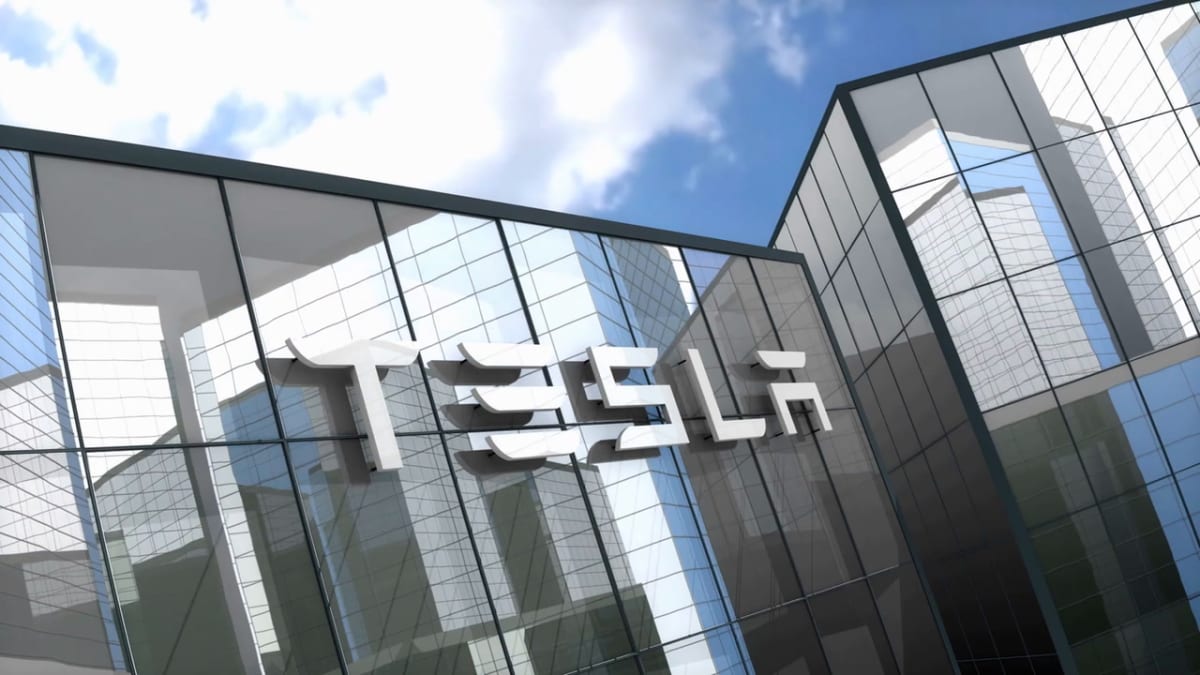
In Louisa May Alcott’s “Little Women”, Margaret March says that" November is the most disagreeable month in the whole year."
The people at Tesla (TSLA) may feel the same way.
The electric vehicle maker recently issued back-to-back recalls in November, in addition to another one earlier in the month. The company has had a total of 19 recalls so far this year.
In the latest incident, Tesla recalled more than 321,000 vehicles due to a taillight problem.
The recall was issued on Nov. 19, according to a filing with the National Highway Traffic Safety Administration, and covers certain 2023 Model 3 vehicles and 2020-2023 Model Y vehicles.
“In rare instances, taillamps on one or both sides of affected vehicles may intermittently illuminate due to a firmware anomaly that may cause false fault detections during the vehicle wake up process,” the filing said.
“Brake lamps, backup lamps and turn signal lamps are not affected by this condition and continue to operate as designed," the notice said.
Tesla said that during the week of Oct. 24, it had received complaints "primarily from foreign markets" that claimed the vehicle taillights were not illuminating.
Tesla investigated and confirmed the issue. The company said it is not aware of any crashes, injuries, or deaths related to this condition.
'Outdated & Inaccurate'
Tesla said it will deploy an over-the-air update to correct the problem at no charge to customers.
All Tesla stores and services centers were scheduled to be notified about the recall on or shortly after November 17. Owners will be notified January 14.
The latest recall comes just one day after the company recalled nearly 30,000 2021-2023 Model X cars due to problems with the airbags.
The front airbag may deploy incorrectly in certain low-speed collisions where a young front-seat passenger is not wearing a seatbelt and is out of position, according to the NHTSA filing.
As with the taillights, Tesla said it would correct the problem by deploying an over-the-air software update at no cost to customers.
Earlier this month, Tesla recalled more than 40,000 2017-2021 Model S and Model X vehicles that could experience a loss of power steering. Once again, the problem was addressed with a firmware release.
This issue rekindled an ongoing debate over what constitutes a recall in the auto industry.
Tesla CEO Elon Musk has complained that "recall" is an "outdated & inaccurate" description for over-the-air solutions and expressed a preference for the term "update."
'A Computer on Wheels'
An NHTSA spokesperson said in a statement that "manufacturers are required to initiate a recall for any repair, including a software update, that remedies an unreasonable risk to safety."
"NHTSA recalls can include any required repair, which includes a software update, to remedy a potential safety risk," the spokesperson said. "Manufacturers are also required to submit any communications to owners, dealers, and others about any software updates that address a defect, whether it is safety related or not".
Timothy Johnson, professor of the practice of energy and the environment at Duke University, said the Tesla recall "is partly semantic."
"I’ve heard Tesla owners joke that their vehicle is really a computer on wheels," he said. "That is not entirely true, of course, but electric vehicles have far fewer moving parts and rely more heavily on software than their traditional gasoline counterparts."
Johnson said that many EV problems are software-related.
"Just like a laptop’s operating system, quick software downloads provide easy fixes for most of these problems, without a dreaded recall visit to a dealership," he said. "Given longer-term trends toward vehicle electrification, it would make sense to separate issues amenable to software downloads from physical hardware recalls."
Seth Leitman, author and electric vehicle industry analyst, said he favors the term "update" if the service call is only about the software.
"If it's a mechanical or electrical issue then that's a recall in my opinion," he added.
'It’s Just an Update'
And, of course, social media had its share of opinions and plenty of sarcasm, particularly on Twitter, which Musk recently purchased and which recently put out the welcome mat for Donald Trump, ending a 22-month ban for the former Republican president.
"Not really a recall get the term correct!" one tweet said. "Do you guys call Apple phones a recall for every software update? Can’t you guys get with the program and call it right?"
"A bug with iPhone has little to do with safety matters, but the one with tail light function has a much higher chance of causing traffic accidents and injuries," one person responded.
"OMG! Please stop using this terminology for a simple software update!" another person said. "There are no cars going back to the dealership, there is no physical change that needs to happen - it’s just an update - the same thing that happens to your computer at least once a week."
"It's amazing the lengths @elonmusk fanboys/girls will go to minimize the problems with his products," another tweet read. "Fixing the problem is not the same as not having the problem."







